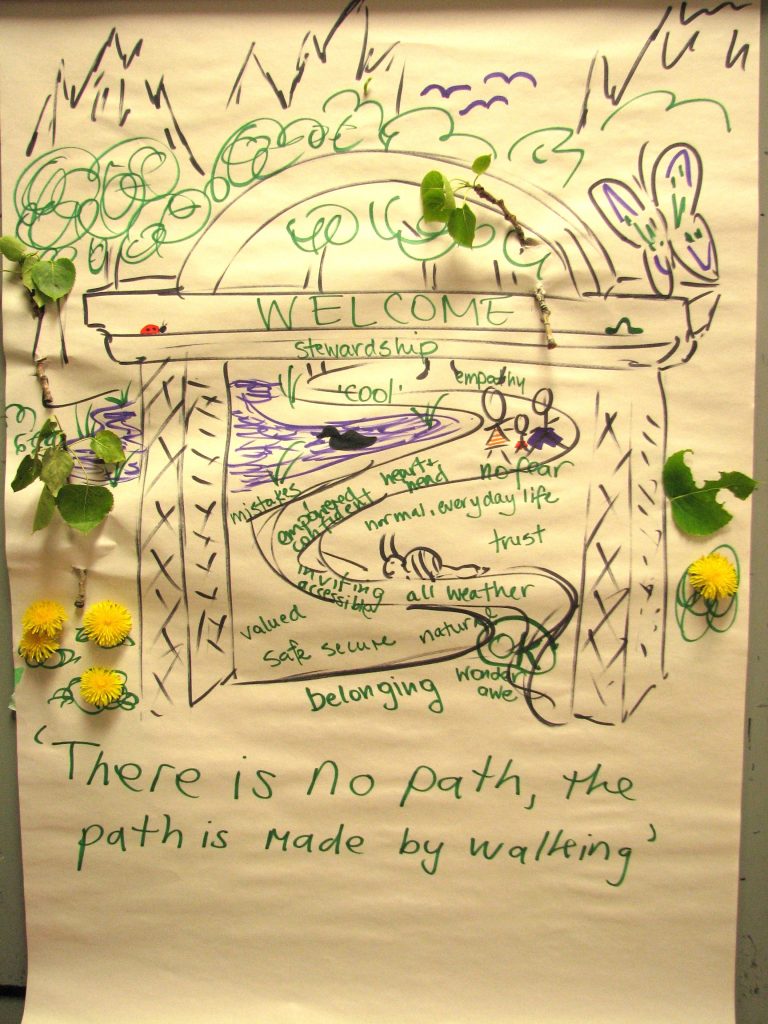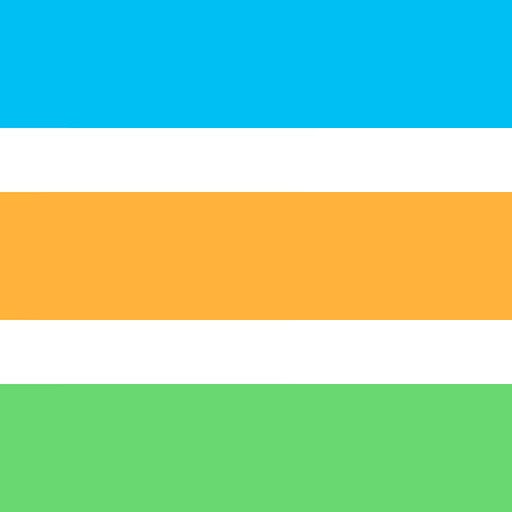This summer, I learned to listen to podcasts … and enjoy them. Why is this worth posting when millions of people listen to podcasts daily? Because it shows the value of trying something new; of going outside of our preferred learning style. And, my experience boosted my facilitation skills. Facilitators and trainers are adept at designing and delivering activities to suit each participant’s learning style. We can also help by encouraging participants to try a new learning approach, to go beyond what is comfortable for them.

To be clear, I am not anti-podcasts. I am just not an auditory learner. I like reading a book, either holding it in my hands or reading online. TED talks of 20 minutes – yikes! A podcast over five minutes is usually a “no.” When I walk, I prefer to have no technology. When I listened to podcasts while driving, I would focus on them so much that I worried about driving off the road.
What led to my venture into podcasts?
Two years ago, Leigh Ann Rodgers with https://better-teams.com/ invited me to record a conversation on Zoom about the impact of Covid on organizations’ strategic planning. It was educational and fun. Following it, I didn’t do anything more about listening to podcasts yet I was more curious about them.
One month ago, I participated in Myriam Hadnes’s https://workshops.work/ Workshops.work as a guest podcaster talking about my 28 years as a facilitator. I thought that if I was going to contribute to a podcast, I better listen to some. I enjoyed discovering her podcasts and the community she has created.
The final motivating factor came from a learning partner in IAP2 Canada’s https://iap2canada.ca/ Indigenous Awareness Program. She told me about the Auntie Up! podcasts. http://makwacreative.ca/auntie-up
And here I am. Listening to podcasts and enjoying them. I succeeded because I choose two podcasts that fit my interests. I chose times to listen when I can focus on the content. This is usually several evenings a week for about ½ hour. As well, I taught myself to listen while driving to make effective use of my time.
How can we apply my podcast experience to facilitation?
As facilitators and trainers, we design to ensure each participant contributes through their preferred learning style such as visual, auditory, kinesthetic, verbal, tactical, and others. Research questions the validity of learning styles, yet, they remain embedded in facilitators’ design and delivery.
What if we also designed to encourage participants to use a learning style that is not their norm? How could this approach increase information gathering, idea generation, and decision-making?
A story:
Years ago, I facilitated a three-day leadership learning retreat. One activity involved creating an image through drawing to depict solutions for a problem. One participant said to me (in a joking way), “Barb, I hate this. I am not an artist! But I’ll do it because it’s working. I’m thinking of different ideas.”
Tips to encourage non-preferred learning styles
- Be selective when encouraging participants to contribute from a different learning style. Ensure this approach fits with the purpose of the session, the participants, and the group feeling “at the moment.”
- One activity using a non-preferred learning style is enough. Follow up with an activity that allows participants to use their preferred learning style.
- Explain your intent and reasoning for using the non-preferred learning style.
- Encourage everyone to have fun.

A story:
I facilitated an in-person two-day strategic planning session about children and nature. One activity involved small groups creating a visual representation of their ideal future. Many learning styles were incorporated. The participants in each group listened to each other (auditory), drew images (visual), integrated an object from nature (tactile), went outdoors (kinesthetic), and wrote the text. It was a full immersion into different learning styles.
What do you do to learn in different ways? How do you encourage your participants to think, feel, and contribute differently?
And, do you listen to podcasts?
Contact me if you wish to discuss these ideas.
